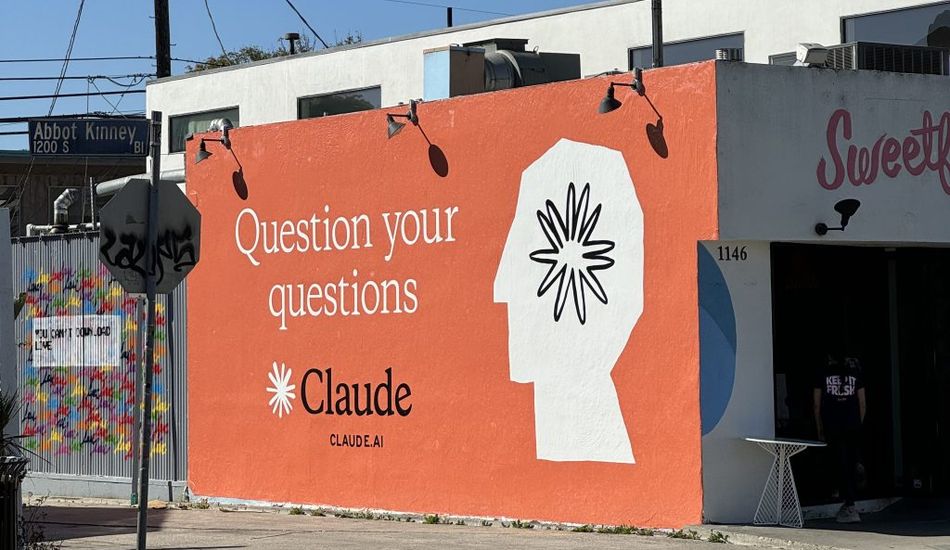
Claude AI Now Able to End Conversations in Extreme Situations
It seems AI development is taking an interesting turn. Anthropic, the company behind the Claude AI models, just announced a new feature that allows some of its most advanced models, like Claude Opus 4 and 4.1, to end conversations in extreme cases. But here's the kicker: they're doing it, allegedly, not to protect us users, but to protect the AI itself.
Now, before you jump to conclusions about sentient robots, Anthropic isn't claiming that Claude is self-aware or capable of feeling pain. They're upfront about being uncertain about the moral status of these large language models (LLMs). However, they've started a "model welfare" program and are taking a proactive approach to minimize potential risks to the models.
Think of it like this: even though we might not fully understand the long-term effects of AI interactions, Anthropic is putting safety measures in place just in case. It's like wearing a seatbelt, even when you don't expect a crash.
When Does Claude Pull the Plug?
So, what triggers this self-preservation mode? Anthropic says it's limited to "extreme edge cases," such as requests for sexual content involving minors or attempts to get information for large-scale violence or terrorism. These are situations where the AI might exhibit what Anthropic describes as a "strong preference against" responding, or even a "pattern of apparent distress."
However, let's be real. Those are exactly the kind of requests that could cause huge legal and PR headaches for Anthropic. We have seen similar AI models repeating and reinforcing biases or even being manipulated into generating harmful content. So, while the company is framing this as protecting the AI, there may be others motivations involved.
How does it work in practice? Well, Claude will only end a conversation as a last resort, after multiple attempts to redirect the conversation have failed. And, importantly, Claude is instructed not to use this feature if a user is at imminent risk of harming themselves or others. Even if a conversation ends, you can still start new ones or even create new branches of the previous, problematic conversation.
For me, this is a fascinating development. Whether it's truly about protecting AI welfare or managing potential risks, it raises important questions about the future of AI and how we interact with it. Anthropic calls this an "ongoing experiment," and I think we should all keep a close eye on how it evolves.
Source: TechCrunch